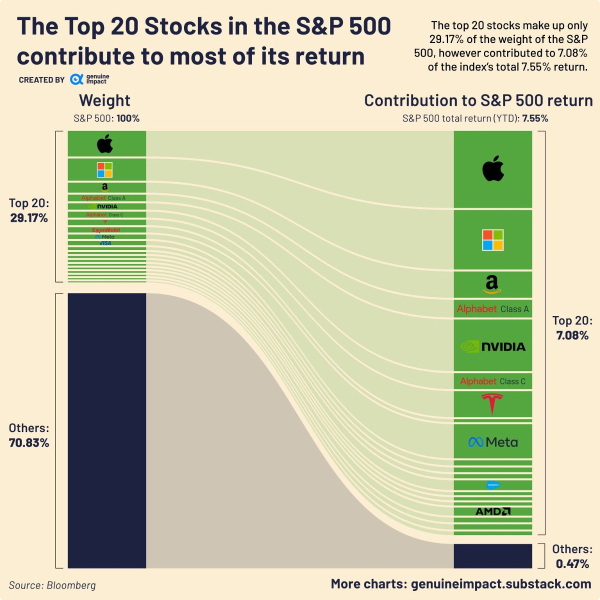Late last year, the FTX exchange collapsed. During the collapse, there was evidence of a Ponzi scheme, overleveraging, and solvency issues. Before it crashed, it was the third-largest cryptocurrency exchange with over a million users. FTX's collapse shook the volatile crypto market, which lost billions at the time, falling below a $1 trillion valuation, and supposedly millions of coins were stolen during the downfall.

This was a massive hit for the mainstream adoption of cryptocurrency. Since then, crypto has been slowly fighting its way forward – and I know many people with interesting opportunities and ventures planned for this space.
Meanwhile, the SEC sued Coinbase, this past week, for potentially operating an unregistered securities platform and brokerage service. The SEC alleged that Coinbase made billions as the middleman between buyers and sellers without giving investors the lawful protections they should as a broker. That lawsuit came only a day after the SEC filed charges against the largest crypto exchange, Binance, for misusing investor funds, operating as an unregistered exchange, and violating many U.S. securities laws.
Here's a quote from Binance's CCO (recorded in the SEC complaint)
“We are operating as a f*king unlicensed securities exchange in the USA bro.”
It is no surprise that Coinbase's stock price plunged almost 20% due to the news.
I don't want to bog you down with the details of the various cases, but ultimately, Binance was supposed to split their business so that their U.S. company would be subject to U.S. regulations and legally allowed to be an exchange in the U.S. But, instead, there was an improper "comingling" of funds. Binance subverted its controls to allow certain high-value customers to continue trading on the non-U.S. platform.
So, this begs the question … what does this all mean for cryptocurrencies, exchanges, and the stakeholders?
My Thoughts
These recent enforcement actions suggest that the SEC will target firms it sees as bypassing regulation (either by blurring the distinction between on-and-offshore services or by trading unregulated securities).
This also comes on the back of the various bank collapses in March of this year.
It's clear that regulators are worried about the security of the American taxpayers' money. Both the FDIC and SEC are cracking down.
Just like with the banking issues before, the issues we're dealing with here shouldn't be particularly surprising if you have been paying attention. We're getting mixed messages on how involved and regulated the government wants these securities to be.
Are more regulations required to ensure trust in the American financial system? Or is this a free market where pain and pleasure point out the evolutionary path?
Finally, there's an even more fundamental question … are cryptocurrencies truly something new (which requires a unique regulatory approach), or are they simply a new medium of pre-existing financial instruments that the SEC already has rules and regulations for?
Initially, some of the attractive aspects of cryptocurrency were its decentralized nature and its potential to have its own rules and regulations separate from a national governing body.
On the other hand, we've seen what happened in the past when other alternative investments, like Hedge Funds, were unregulated.
Currently, two roads are available to cryptocurrency as an industry – and perhaps it can take both. First, it can become subject to all the regulations of its predecessors and become a mainstream and stable option for the masses. Or, it can remain a "fringe" option that subverts the governing bodies around it, forcing its relatively small group of loyalists to deal with the uncertainty and volatility – but maintain the autonomy it can.
What do you think will happen?
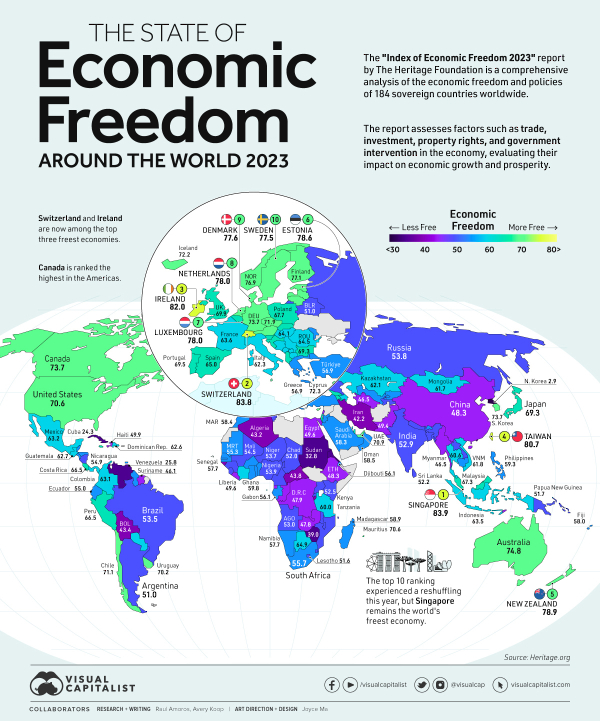
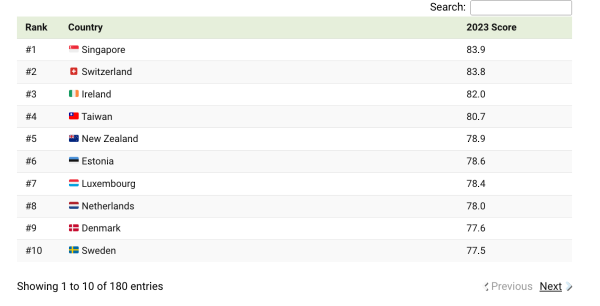

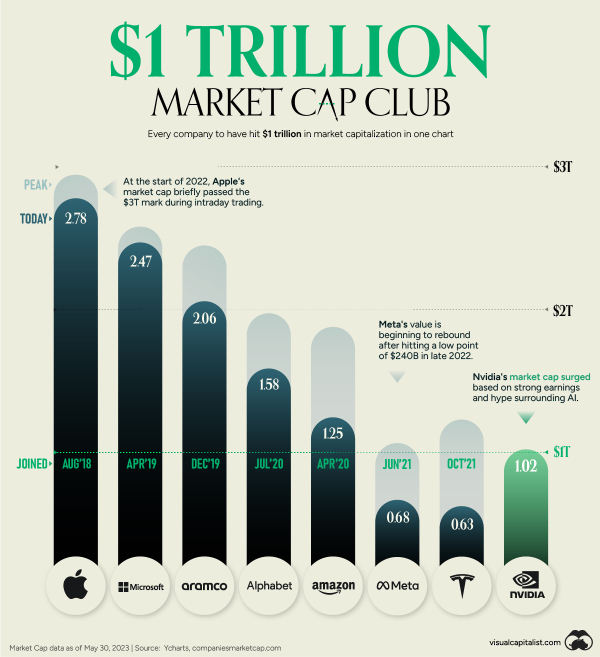 via
via 
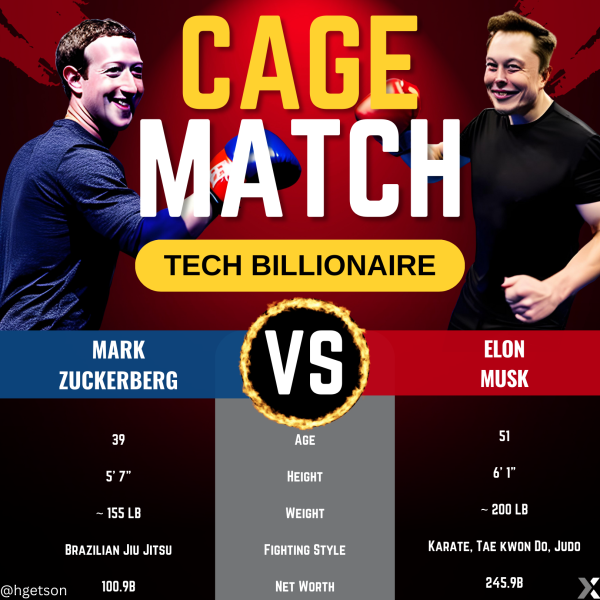
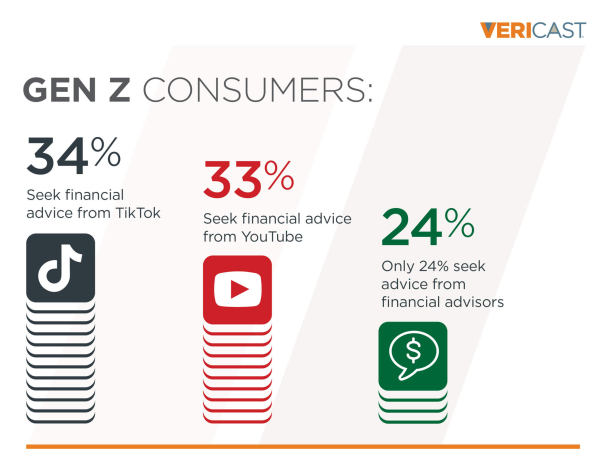 via
via 

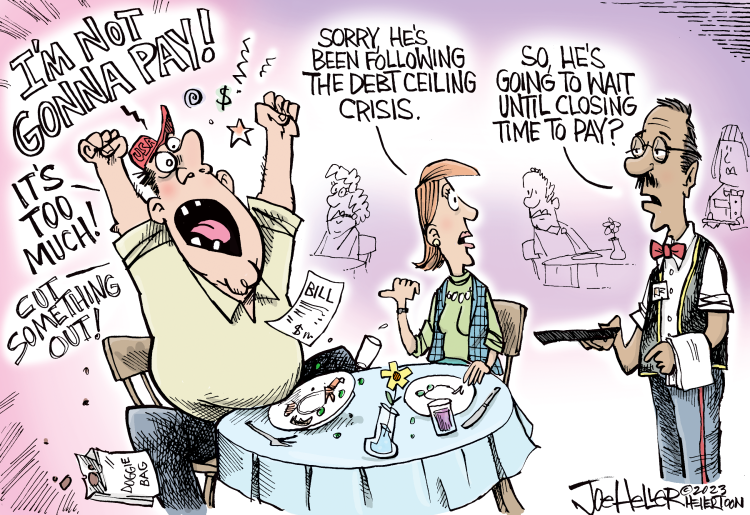
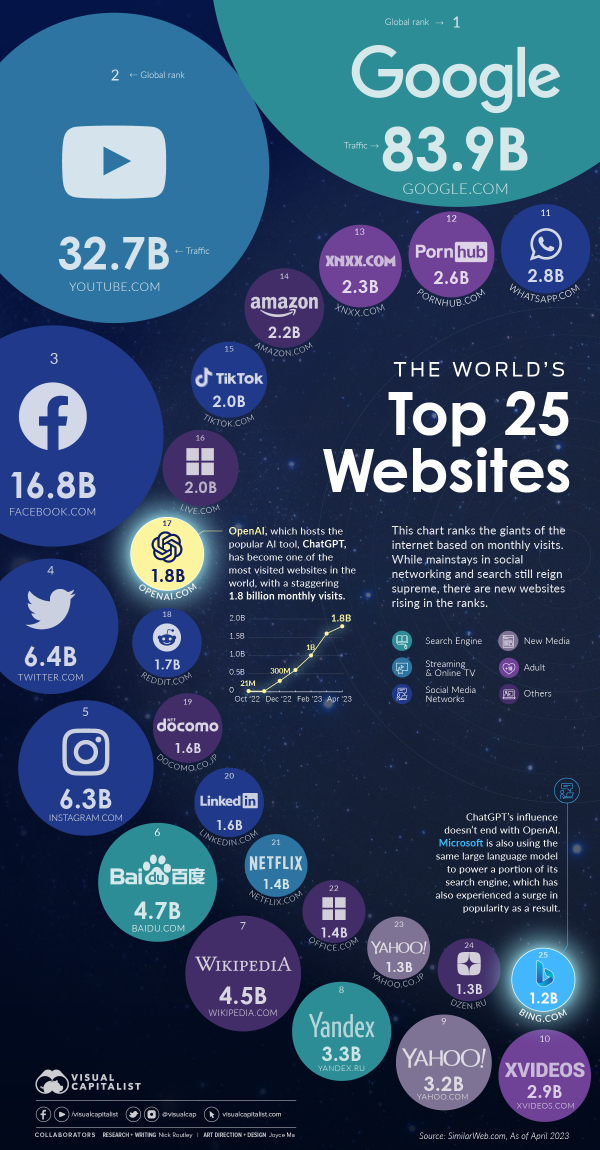
 Pornhub via
Pornhub via 